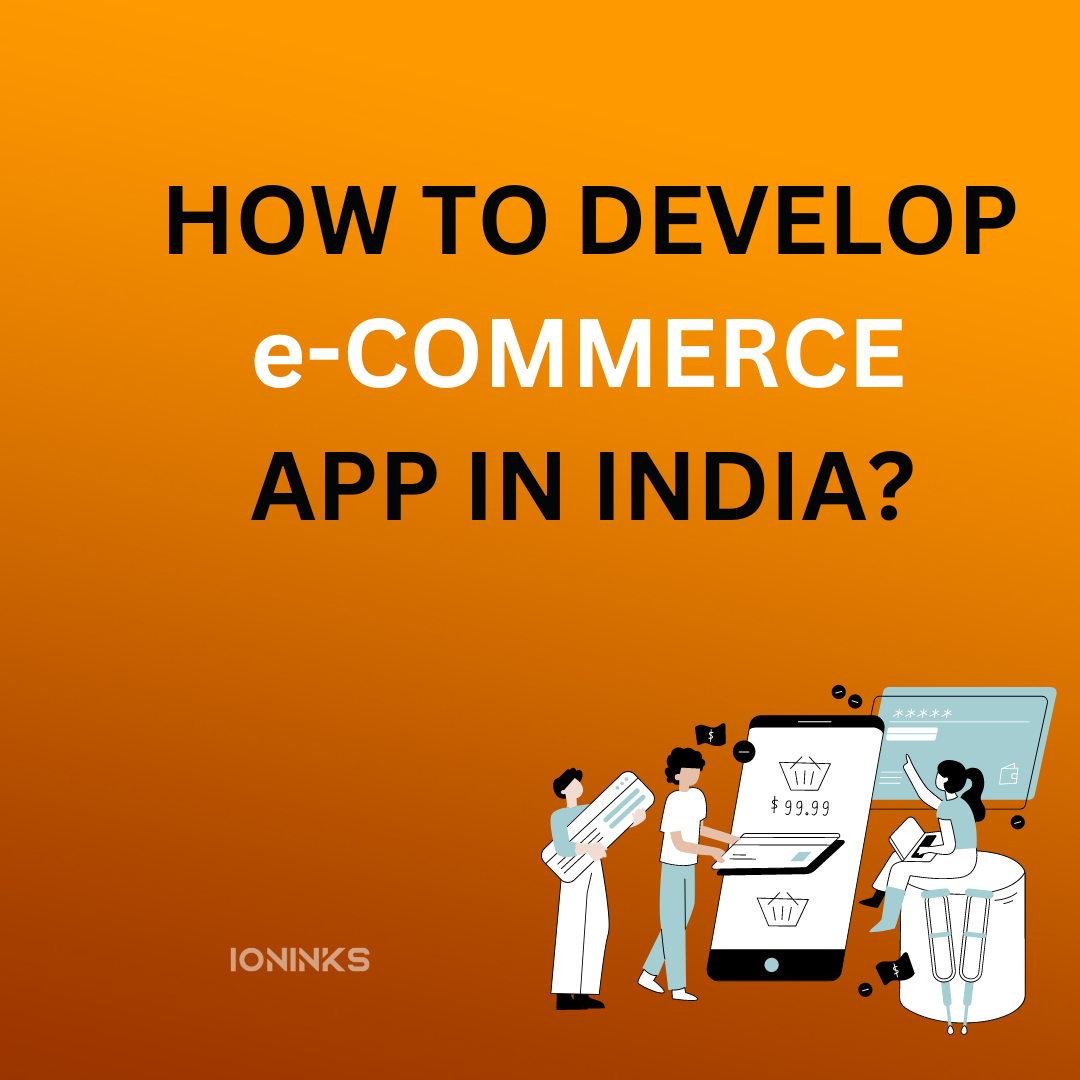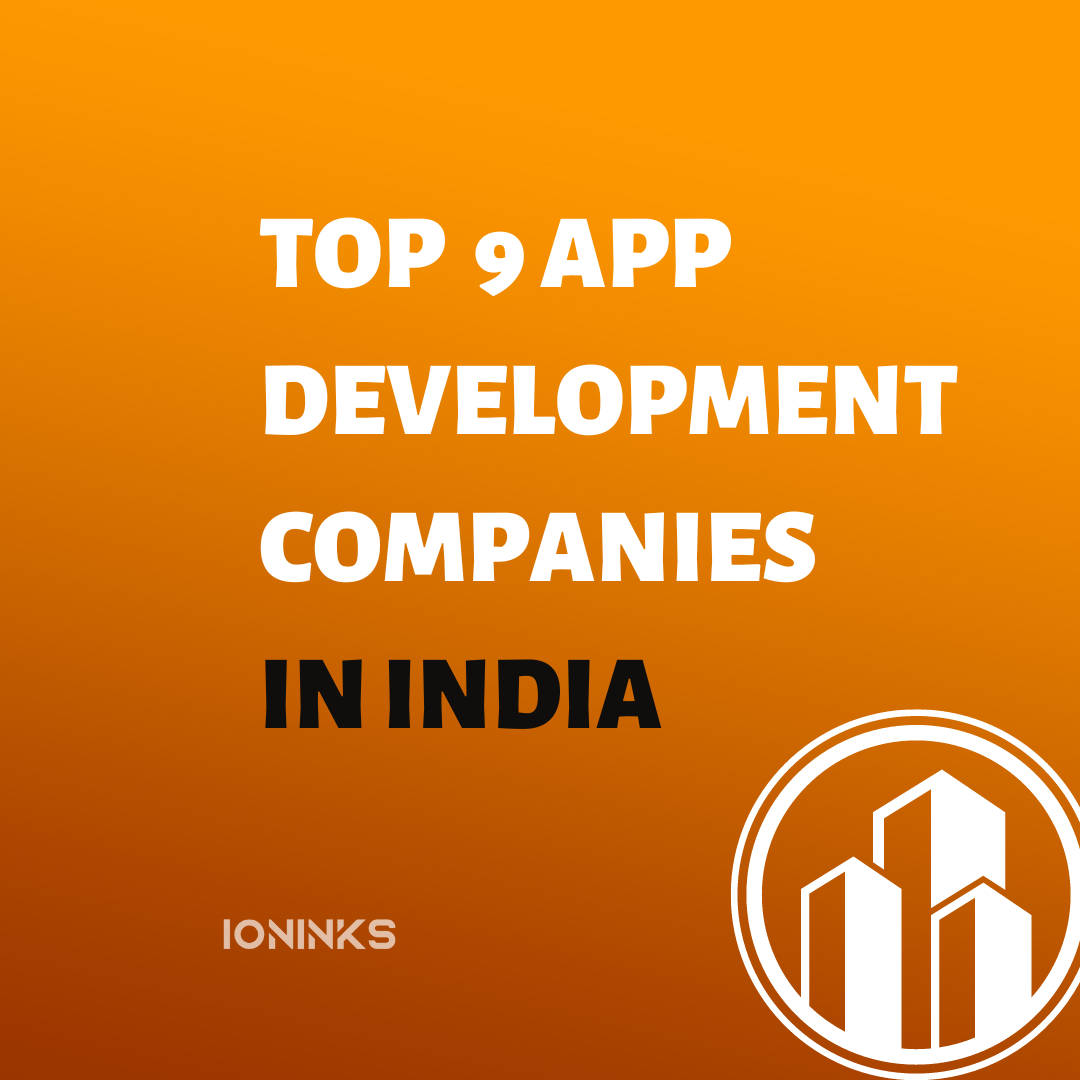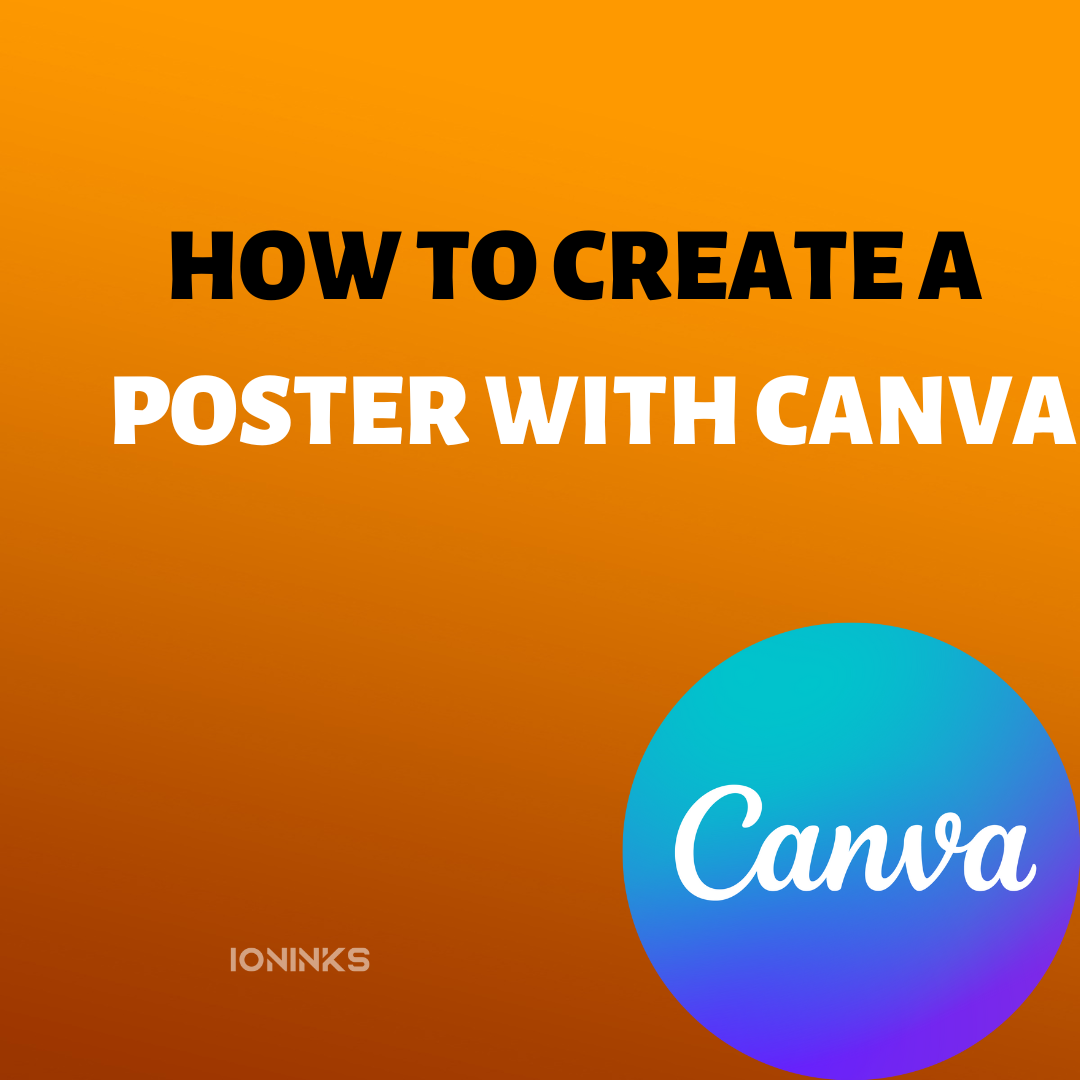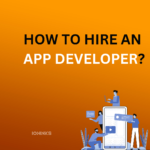
How to Develop an e-Commerce App in India?
- Ion Sravan
- February 23, 2023
- Uncategorized
- 0 Comments
How to Develop an e-Commerce App in India?
According to Statista, retail e-commerce sales in 2021 are expected to be roughly 4.9 trillion US dollars globally. This value is expected to increase by 50% over the following four years, reaching around 7.4 trillion dollars by 2025.
People order stuff online. Footwear, accessories, narcotics, tables – you know, the usual stuff. Lockdowns fueled an increasingly brisk e-Commerce application growth. Purchasing with e-Commerce apps has become the handiest and most favoured method of buying.
Creating an e-Commerce store may help you widen your product/service offering, increase your business, attract new clients, and expand your revenue. It’s the perfect method to transition your business from a typical brick-and-morta storefront to a creative, favourite one. This article provides you with a completely comprehensive guide on developing an
e-commerce app in India.
What Exactly Is an e-Commerce App?
English entrepreneur Michael Aldrich pioneered electronic commerce in its early stages roughly four decades ago. Though his notion was met with scepticism at the time, it eventually became an unavoidable part of everyone’s life. e-Commerce refers to the exchanging of commodities on internet markets. To purchase certain commodities and things, simply use your smartphone or computer to conduct online transactions.
The e-commerce sector expanded, even more, backed by technological advancements, globalisation, and people’s want for greater variety and apersonalized approach. The modern e-Commerce economy demands regular physical shops must give way to a digital platform. This is when e-Commerce mobile app development plays its role.
So, How to build an e-Commerce App?
Step 1. Conduct research
At Ioninks, we prioritise research. We undertake competition analysis along with user polls, which are critical for assessing the actions and trends of your target audience. We help you in the selection of the best application launcher and combination of features for your target market.
Step 2: Establish Your Objectives
Setting clear goals for your organisation is the core of e-Commerce mobile applications.
Here are three questions to ask to help you create your goals:
Here are three questions to ask to help you create your goals:
● What issues am I attempting to address?
● Who am I trying to market the goods to?
● How can I tell whether it’s fruitful?
Step 3: Select the Best Platform
We at Ioninks recommend that you learn the peculiarities of your business before choosing a technology to employ for e-Commerce app development. Take note of the time and money and choose a Content Management System, storage, and adaptable platform. This allows you to understand if you want o launch an Android or an IOS app or maybe both.
It’s obvious that you should engage the mobile platform on which your ideal audience is operating.
Step 4: Create a Set Of features
Now that you understand the core functions or the problems that your app is going to address, you must decide on which features may please your consumers because you already have user input, expert views, trends, and the desire to outdo your competition.
Step 5: Plan the UX and UI
The interaction in e-Commerce applications will have to go over in-person purchasing, so the UX & UI style provides a chance to stand apart. For your potential audience, the design will represent your personality and brand’ character. Colour patterns, enticing images, and fast page flows are what leave a significant influence on your customers.
Step 6: Create the MVP
At the MVP stage, you should concentrate on the most important elements of your e-Commerce software. Instead of creating a full offering immediately, we suggest doing continual product evaluations to fuel future changes. We at Ioninks seek to understand what customers perceive of a brand, shorten project duration, decrease costs, and more efficiently manage resources.
Step 7: Collect Feedback
When the MVP is ready, it’s time to start collecting consumer feedback. It is the process of observing how users engage with your app, collecting feedback, and identifying potential changes. Feedback is important in e-commerce app development since it allows you to determine what works and what doesn’t for your target audience.
Step 8: Repeat
Iteration is the final step. Looking at the top companies in the e-Commerce app industry, we can observe that design is seldom consistent. Instead, it is continually changing and reacting to market and customer demands.Creating or developing an e-commerce mobile app may not be easy, but it is also not difficult. With the right tech companion, it will be easy for you to create a distinctive and captivating smartphone app for your business within a couple of months.
So you’ve decided to invest in an online shopping app for your business!
Take a look at our services and get in touch with us if you’re ready to design your
Related Posts
- Ion Sravan
- August 10, 2022
The journey of IONINKS with Vizag Branch of SIRC of ICAI
The journey of IONINKS with Vizag Branch of SIRC of ICAI Trust is a small word but has a mas ..
- Ion Sravan
- August 4, 2022
Top 7 Fintech companies in India
Top 7 Fintech companies in India – W FinTech is gradually transforming the fabric of the bank ..




